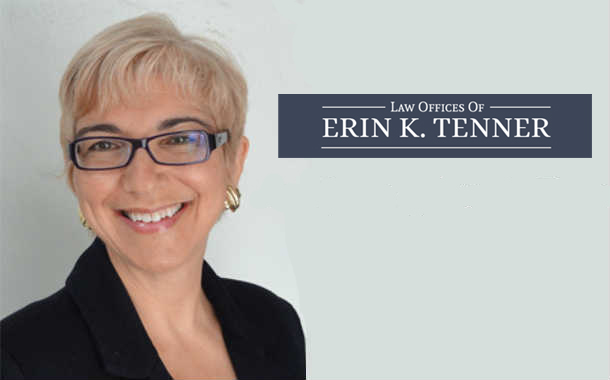By Erin K. Tenner, Esq.
When it comes to buying or leasing land connected to a dealership, I have seen just about everything that can go wrong, from an airplane crashing into a building shortly after my client signed the lease to landlords filing bankruptcy during the term of a lease to a seller dying in the middle of a deal. How do you protect yourself from losing your lease or losing your deal when the unexpected happens?
In each of the cases mentioned above, my client could have lost a lot, but none of them did because they were protected by the terms of their agreements. The purpose of having an agreement is to protect you from the unexpected, otherwise, we could still do deals on a handshake. Here are a few tips for crafting an agreement when buying or leasing commercial real estate:
- Make sure the purchase price for the land is clear. This seems obvious, but it is often missed. If a seller or buyer dies during escrow, his or her heirs are going to be concerned about price and price alone. If they don’t like it they will try to find a way out, and not defining a term can give them one. This can be especially problematic when “fair market value” is used to determine price.
- Make sure fair market value and how it will be determined is defined. Parties often put in an agreement that price will be “fair market value as determined by appraisal.” Fair market value can mean a lot of different things. It can mean fair market value as determined by comparable values. It can mean fair market value based on highest and best use or current use. It can mean fair market value based on how much rent is being paid under the terms of an existing lease on the property.
It can also be determined in different ways. For example, many sellers, including some REITS, are now valuing real property and the buildings separately and using replacement value for the buildings to determine fair market value, then adding that to the vacant land value to increase fair market value. This approach should only be used for new construction that is not going to be completed as of closing, otherwise it is like paying the full manufacturer suggested retail new car price for a used car.
- Make sure an option to purchase land includes the purchase price and terms of purchase, and that the option is recorded. Every option agreement should have a purchase agreement attached as an exhibit, or it will likely be unenforceable when push comes to shove. An unrecorded option will also be unenforceable against a third party purchaser who did not know about it.
- Get a warranty of title. Title insurance only protects you against liens and encumbrances that are in the public record. Many people, including many lawyers, are under the incorrect impression that title insurance will protect a buyer against any claims to title by any third party. Not true. I have been writing about this for a while, so awareness is improving, but I still see smart lawyers making stupid mistakes. Always make sure, when you are buying land, that you get a warranty and representation that the seller owns good and marketable fee simple title to the land free and clear of all liens and encumbrances other than those contained in the public record even though you are buying title insurance.
- Make sure you understand insurance provisions. Liability, property and other insurance is important but often overlooked in leases as “standard” provisions that don’t require much attention. If an airplane, a car, a tree, or anything else crashes into your building, (not to mention weather) the insurance provisions will become very important. Insurance limits, deductibles, additional insureds, whether insurance will be primary or contributing, whether subrogation rights will be waived (meaning the insurer cannot come after you after paying the bill), the types of insurance and what kind of notice is required prior to cancellation all can make or break you when things go wrong. Here is one thing you can check quickly: Check your insurance policy to make sure it includes an endorsement waiving subrogation.
- Make sure a landlord’s lender cannot evict you. You can do this by signing a Subordination, Non-Disturbance and Attornment Agreement (“SNDA”) with the landlord’s lender. An SNDA is easy to get in most cases because they benefit the lender as well as the tenant. It’s a win-win.
These are just a few tidbits. For more information on how to protect your rights, consider contacting an attorney.
Erin Tenner is an automotive attorney based in Los Angeles, Calif. If you need advice outside of California, she knows attorneys in all states who represent dealers. Ms. Tenner can be reached at erin@cardealerattorney.com or 818-707-8410.












